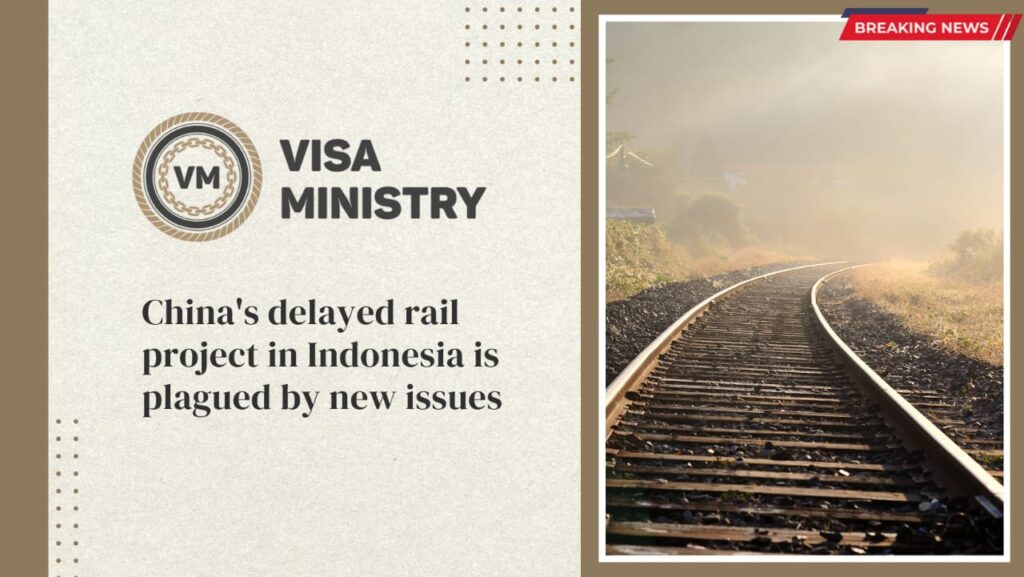An internal document reveals that the Indonesian transport ministry and three consultants objected to a consortium sponsored by China’s proposal to launch the nation’s $7.3 billion first high-speed train service in August.
The 142 km (88 miles) line from the capital Jakarta to the sizable city of Bandung, which is being built by a consortium of Indonesian and Chinese state firms, is already $1.2 billion over the initial budget and four years behind schedule. This project is a centerpiece of President Joko Widodo and is a part of China’s Belt and Road Initiative (BRI).
Analysts predicted that a successful opening of the railway line, the most high-profile BRI project in Southeast Asia’s largest economy, as part of Independence Day celebrations would give the country’s ruling party a boost before a general election the following year.
Teuku Rezasyah, a Padjadjaran University foreign relations analyst, asserted that further delays would simply serve as justification for the opposition to launch an offensive, undermining China’s ability to plan and carry out significant projects in the area.
A 48-page presentation examined by Reuters reveals that the centerpiece project is plagued by new issues months before its intended commercial launch in August. The consortium’s Chinese investors demand a full operational worthiness certificate for the line despite an incomplete station.
According to the “Progress Update” report dated May 14, the transport ministry, consultants Mott MacDonald, PwC, and a local law firm Umbra have instead recommended that full-fledged commercial operations might begin in January 2024.
“There is a risk that the target of commercial operations in August could be delayed to complete all construction by December 31,” added the report, which was written in the local tongue.
The project’s working capital requirements are also being impacted by the financial restructuring at PT Wijaya Karya Tbk (WIKA), an Indonesian state-owned construction company with an indirect minority stake in the consortium. The project has at least $381.75 million in outstanding payments, according to another internal document.
Mahendra Vijaya, the corporate secretary for WIKA, claimed that while the company had the resources to do the remaining work, it also required payment from the consortium for previously completed work.
According to a second set of documents dated May 18, Indonesia is negotiating with China for a further $560 million loan and is seeking an interest rate of 2.8% for the component of the loan in yuan, which is lower than the China Development Bank (CDB) offer of 3.46%.
The two documents contain information that has not before been revealed, including the potential for more delays.
Debt negotiations with CDB are taking place, according to Septian Hario Seto, a senior official with the investment coordinating ministry, and they are centered on the interest rate.
According to him, the railway intends to start a free trial with passengers in the middle of August, followed by paid journeys in September and the completion of the unfinished station by November.
PwC chose not to respond. Requests for comment from the China-backed consortium PT KCIC, Mott MacDonald, Umbra, CDB, and the Chinese embassy in Jakarta were not immediately fulfilled.
Source: theprint

